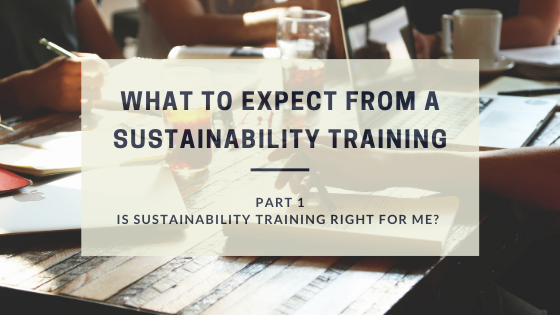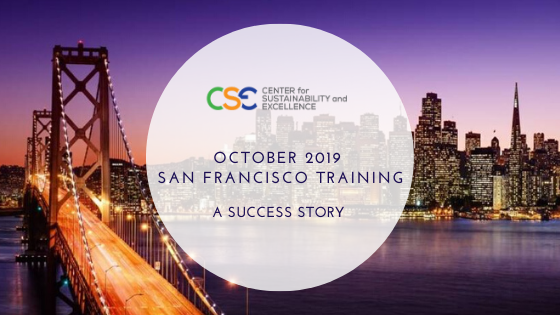Miami is often cited as the city exemplifying how climate change and sea level rise are threatening coastal cities. But are residents and businesses aware of the seriousness of these threats and prepared to accept the possibility their city might become uninsurable? An insurer might at any time increase rates or opt not to insure a property at all.
One would think that as data improves and new regulations are formulated, risk can be priced more clearly. A report in April 2019 prepared by the Urban Land Institute (ULI) and investor Heitman found that more than 24% of property value in the U.S. is in cities that are among the 10% most exposed to sea-level rise. That’s more than $130B of real estate under threat.
And watch out for investors as they might play a huge role in the near future. Privately, “investors are starting to look at assessing climate risk in their portfolios,” says Billy Grayson, the executive director of the Urban Land Institute’s Center for Sustainability and Economic Performance. “They can mitigate at the asset level by hardening buildings, or at the portfolio level, hedge against risk by diversifying.”
A new report from the Center for Climate Integrity in June 2019 indicates “if Miami-Dade were to construct a basic seawall defense system, the county would need to spend a whopping $3.2 billion for 267 miles of coastal barriers. Constructing 14 miles of seawalls in Miami would cost $173.3 million, or $391 per capita. And Miami Beach faces an estimated price tag of $83 million for nine miles of seawalls, equaling about $900 per person”.
Overall, Florida is the most at-risk state for sea-level rise — and the financial consequences of climate adaptation could be staggering for local taxpayers, according to the Center for Climate Integrity.
If you represent or are directly or indirectly linked to this reality in Florida, what solutions do you adopt and what actions to do implement to ensure the sustainability of your organization? Join us in Miami in early 2020 for sustainability discussions regarding the Sunshine State.
CSE’s Certified Sustainability (CSR) Practitioner Program, Advanced Edition 2020, takes over Florida January 16-17, 2020 to help sustainability professionals rise to any occasion. This challenging two-day training offered by Center for Sustainability and Excellence (CSE) aims to give you all the latest tools and resources required to implement or upscale existing sustainability initiatives taking place in your organization.


